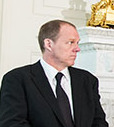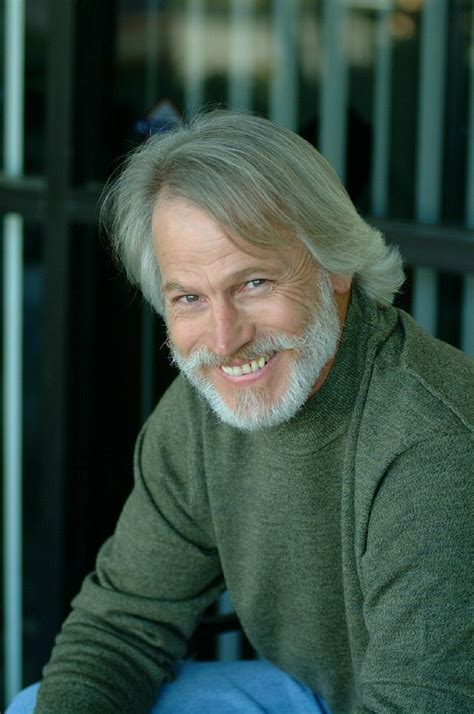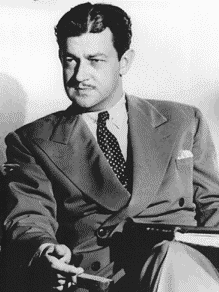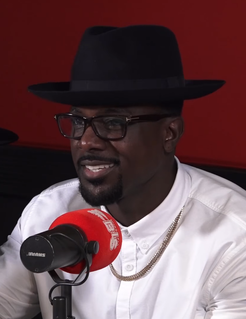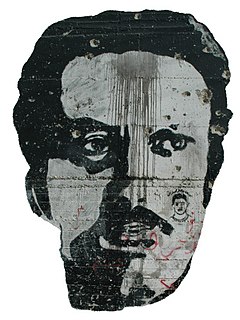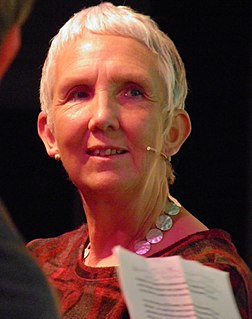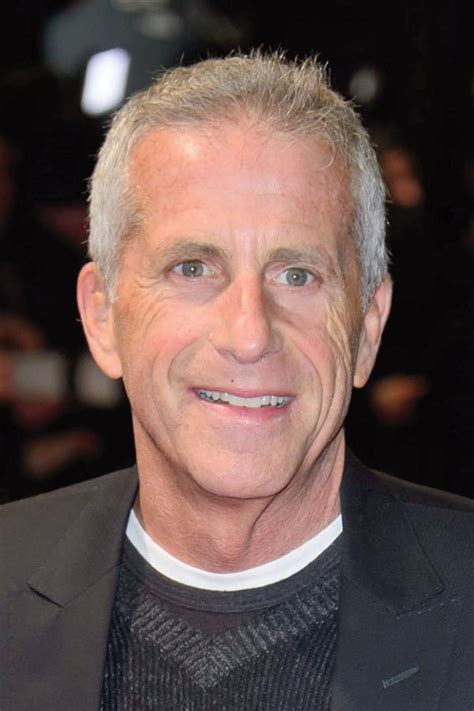A Quote by Brian Helgeland
Working on an adaptation is not as satisfying, because it's not your original work: you're interpreting. With 'L.A. Confidential,' I loved the book. In that case, I felt I was guardian of the work, staying as true to the novel as I could. I've since met the novelist, and he loves the movie and the script.
Related Quotes
I've had stuff of mine adapted by other people, so I've come to the conclusion that a movie is a different form from a novel and there is no such thing as a true adaptation. You have to adapt to this other thing and do it right. But that voice of the original should somehow still be there, and the original intent should still be there. So if the original writer saw the movie, the writer would say, "Well, that's not what I wrote, but that's what I meant." And if you can do that, I think you've done your job as a screenwriter.
You know, not every good book needs to be a movie, or a television series, or a video game. There's great work in those mediums, of course, but sometimes a book should remain a book. I still believe nothing tells a story with the richness and complexity of a good novel. When people say they think a book would make a good movie, they say this sometimes because, if it worked, they already saw all the images in the movie theatre that is in their brains. And sometimes that is the way it should stay.
The book is almost always better than the movie. You could have no better case in point than FROM HELL, Alan Moore's best graphic novel to date, brilliantly illustrated by Eddie Campbell. It's hard to describe just how much better the book is. It's like, "If the movie was an episode of Battlestar Galactica with a guest appearance by the Smurfs and everyone spoke Dutch, the graphic novel is Citizen Kane with added sex scenes and music by your favourite ten bands and everyone in the world you ever hated dies at the end." That's how much better it is.
I structure the scripts and work on them on films and work on scenes with writers and but I haven't written a script myself, I really respect what they do and I'm fortunate I get to work with people that I really enjoy working with and we all kind of spitball and work together on these things, but I haven't written a script yet.
It's very bad to write a novel by act of will. I can do a book of nonfiction work that way - just sign the contract and do the book because, provided the topic has some meaning for me, I know I can do it. But a novel is different. A novel is more like falling in love. You don't say, 'I'm going to fall in love next Tuesday, I'm going to begin my novel.' The novel has to come to you. It has to feel just like love.
I think any musical has so many moving parts and the challenge is unifying all the moving parts in particular because you have the camera and now it's all about adaptation and what works in one medium doesn't necessarily work in another so the challenge is to stay as true as you can to the material and yet not be afraid to step out of it and add elements to make it satisfying cinematically.
